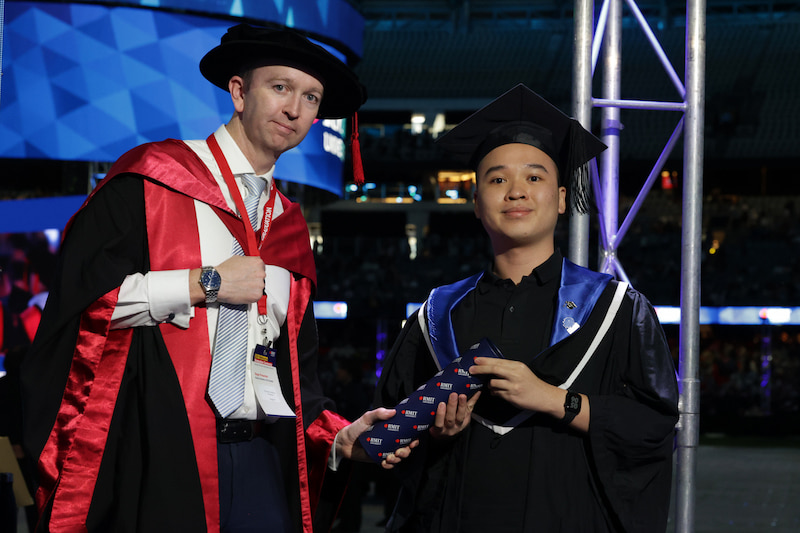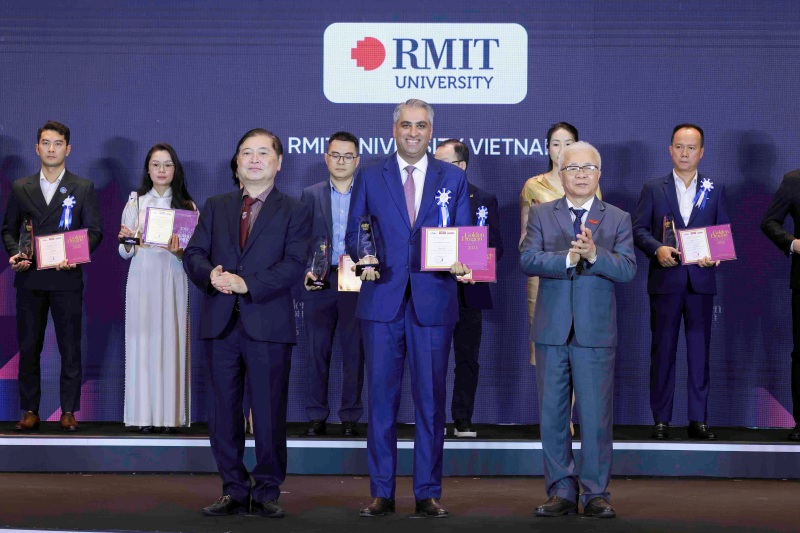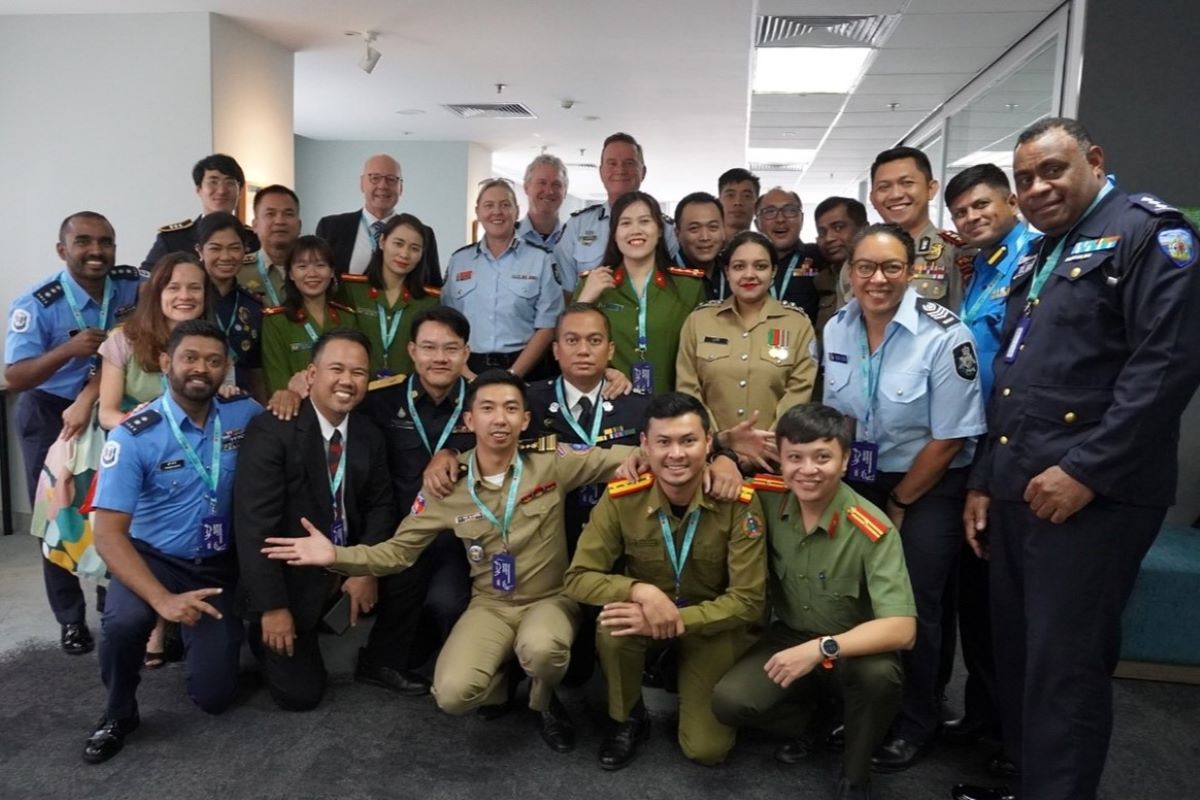Transnational organised criminals often operate in established, well-financed and integrated global networks. These criminal networks readily adapt to the rapidly changing international landscape.
Traditional policing and reactive investigations have been effective in detecting frontline criminal operators. But how can law enforcement agencies identify the key players at the top of the criminal hierarchy and elevate efforts to prevent, detect and disrupt transnational crime?
Research has found that early engagement, consultation and real-time connections with specialist teams are fundamental to this endeavour.
“Unless law enforcement agencies continuously enhance operational effectiveness and seek innovative opportunities to create a hostile environment, transnational crime will flourish,” said Detective Superintendent Jen Cullen from the Australian Federal Police (AFP).
“ARLEMP can aid that by building leaders who are innovative, adaptive, collaborative and proactive. This program also forges positive connections between investigators and specialist capabilities to enable proactive solutions to transnational crime.”
Speaking at the opening ceremony of ARLEMP 55, Major General Luu Thanh Tin, Deputy Director of the Office of Police Investigation Agency, Vietnam Ministry of Public Security said: “Vietnam is committed to deepening collaboration to counter transnational crime. How do I know the impact of ARLEMP? As a junior officer, I attended the second ARLEMP in 2005. Over the past 18 years, I have seen the power of this network in uniting police and building enduring relationships which enable us to prevent, detect and combat crime together.”
A participant in ARLEMP 55, Lieutenant Colonel Rachanatevy Hangchoun from the Cambodian National Police said: “As I advance in my career, I am expected to take responsibility for big decisions that impact community safety and national security. ARLEMP supports my confidence to do this. I think it is important to enhance cooperation and connection in our fight against transnational crime.”
Meanwhile Assistant Commissioner of Police Obain from Bangladesh Police shared: “I have never been to Australia, but through this program I already feel connected to AFP, an Australian university [RMIT], and the ARLEMP family.”






